Indonesia Calls for Global Solidarity and Climate Action at COP29
In his speech, Airlangga reaffirmed Indonesia’s commitment to reducing emissions. He stated that Indonesia’s Nationally Determined Contributions (NDCs) aim for a 31.89% reduction in emissions unilaterally and up to 43.2% with international financial support. The country has set ambitious targets to play its part in the global effort to mitigate climate change, despite its relatively small contribution to global emissions.
Furthermore, Airlangga called for more significant and sustained climate funding to support both mitigation and adaptation measures in developing nations. He highlighted the need for a robust financial framework, as set out under the New Collective Quantified Goal, which projects global climate finance to reach $5.4 trillion annually by 2030. Such funding is critical for helping vulnerable countries implement their climate action plans.
Airlangga also emphasized the importance of engaging the public sector in climate mitigation efforts. He suggested that creating financial incentives for public-private partnerships could significantly boost the global effort to address climate change. In addition, he called for the development of markets for Ecosystem as a Service (EaaS), which could further help protect and restore natural ecosystems essential to climate resilience.
The Indonesian Parliament’s advocacy at COP29 serves as a reminder of the global urgency to address the climate crisis. As developing countries face the most significant challenges, the international community must ensure that climate funding is equitable, accessible, and sustainable for those most in need. Airlangga’s statements reflect Indonesia’s continued commitment to both mitigating climate change and supporting the global transition to a more sustainable future.



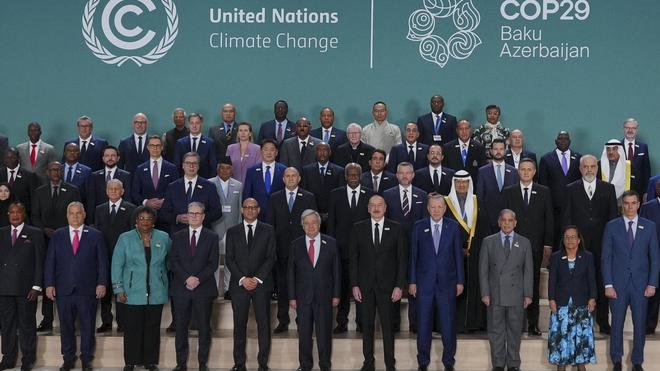





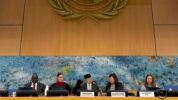







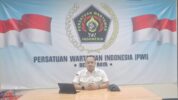




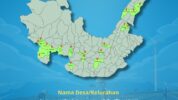
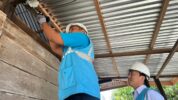



Tinggalkan Balasan